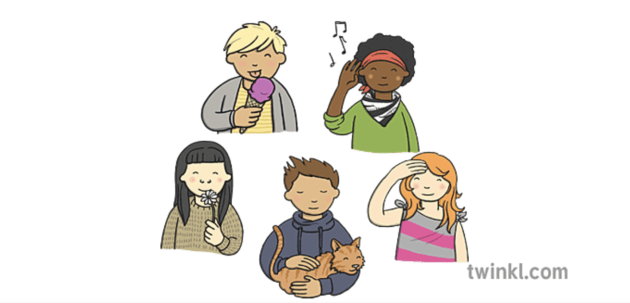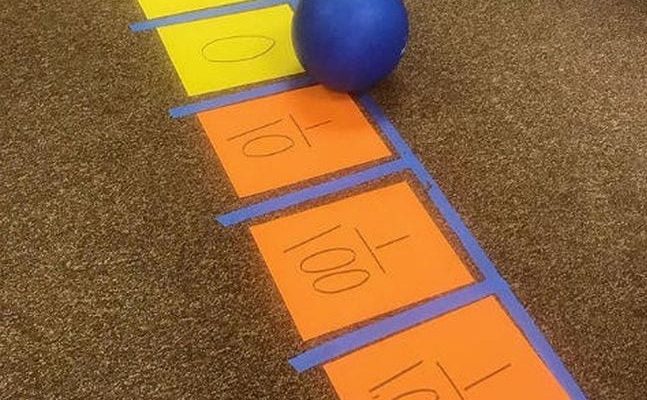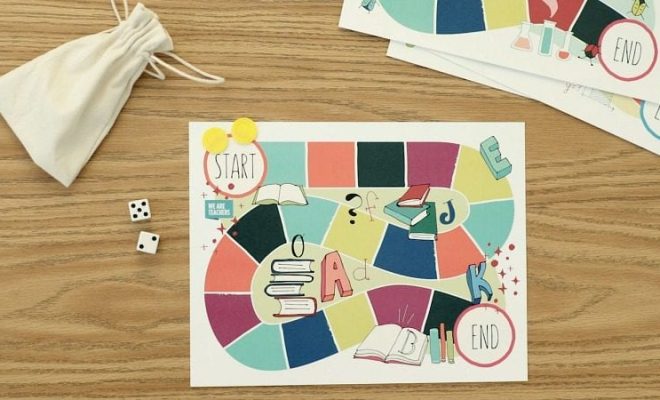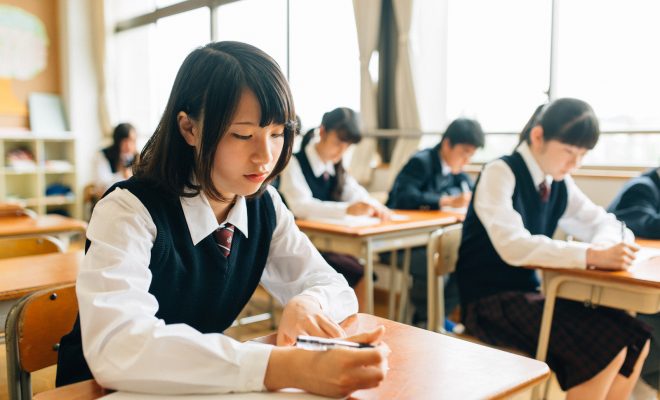16 Five Senses Activities to Engage Kids in the World Around Them

Engaging kids in the world around them is essential for their cognitive development. One effective way to do this is by incorporating activities that stimulate their five senses. Here are 16 fun and educational activities that will help children learn more about their senses and the world they live in.
1. Sensory Walk: Take children on a walk outdoors and encourage them to use their senses to observe and experience the environment. Encourage them to touch different textures, listen to various sounds, and smell different scents.
2. Taste Test: Organize a taste test activity where kids can sample various foods with different flavors. This activity will not only engage their sense of taste but also promote their vocabulary and descriptive skills.
3. Scent Guessing: Provide different scented items such as fruits, herbs, or spices, and have children guess the scents blindfolded. This activity will enhance their sense of smell and recognition.
4. Sound Bingo: Create a sound bingo game where children listen to different sounds and match them to the corresponding pictures. This activity will sharpen their listening skills.
5. Texture Collage: Gather objects with various textures such as sandpaper, fabric, and feathers. Let children explore these materials and create a collage using their favorite textures. This activity will enhance their sense of touch.
6. Listening Walk: Take children for a walk and ask them to pay attention to the different sounds they hear. Discuss the sounds they heard afterward, encouraging them to use descriptive words to explain what they heard.
7. Mystery Box: Place different objects with distinct textures inside a box. Children can reach into the box without looking and try to identify the object solely based on touch. This activity will reinforce their sense of touch and tactile discrimination.
8. Smell Matching Game: Fill several small containers with different scents and pair them up. Have children match the scents by smelling each container. This activity will improve their sense of smell and memory skills.
9. DIY Nature Perfume: Collect natural items like flowers, leaves, or herbs and help children create their own perfume by crushing and mixing these materials. This activity will engage their sense of smell and creativity.
10. Sound Shakers: Create sound shakers using recyclable materials like empty water bottles and dried beans. Children can experiment with different amounts of beans to create different sounds. This activity will encourage their auditory exploration.
11. Texture Scavenger Hunt: Create a scavenger hunt where children search for objects with different textures. Provide them with a list of textures to find, such as smooth, rough, soft, or bumpy. This activity will promote their tactile discrimination skills.
12. Rainbow Snack: Encourage children to choose a variety of colorful foods for a snack. Discuss how each food tastes, smells, and looks, engaging multiple senses simultaneously.
13. Sound Puzzles: Make puzzles with different sounds by attaching sound devices to puzzles. Children can match the puzzle pieces based on the sound they hear. This activity will enhance their listening skills and object recognition.
14. Blindfolded Taste Challenge: Blindfold children and provide them with different foods to taste. Encourage them to identify the taste without using their sense of sight. This activity will stimulate their sense of taste and critical thinking.
15. Smell Jars: Collect jars with lids and place different scented materials inside each jar. Children can open the jars and try to guess the scent. This activity will improve their sense of smell and memory.
16. Sensory Storytime: Read a sensory-themed book to the children and incorporate sensory elements into the storytelling experience. Use props, scented markers, or ambient sounds to engage multiple senses during the storytelling.
These 16 activities will not only entertain children but also provide them with a hands-on learning experience. By engaging their five senses, children will develop a deeper understanding and appreciation for the world around them.






